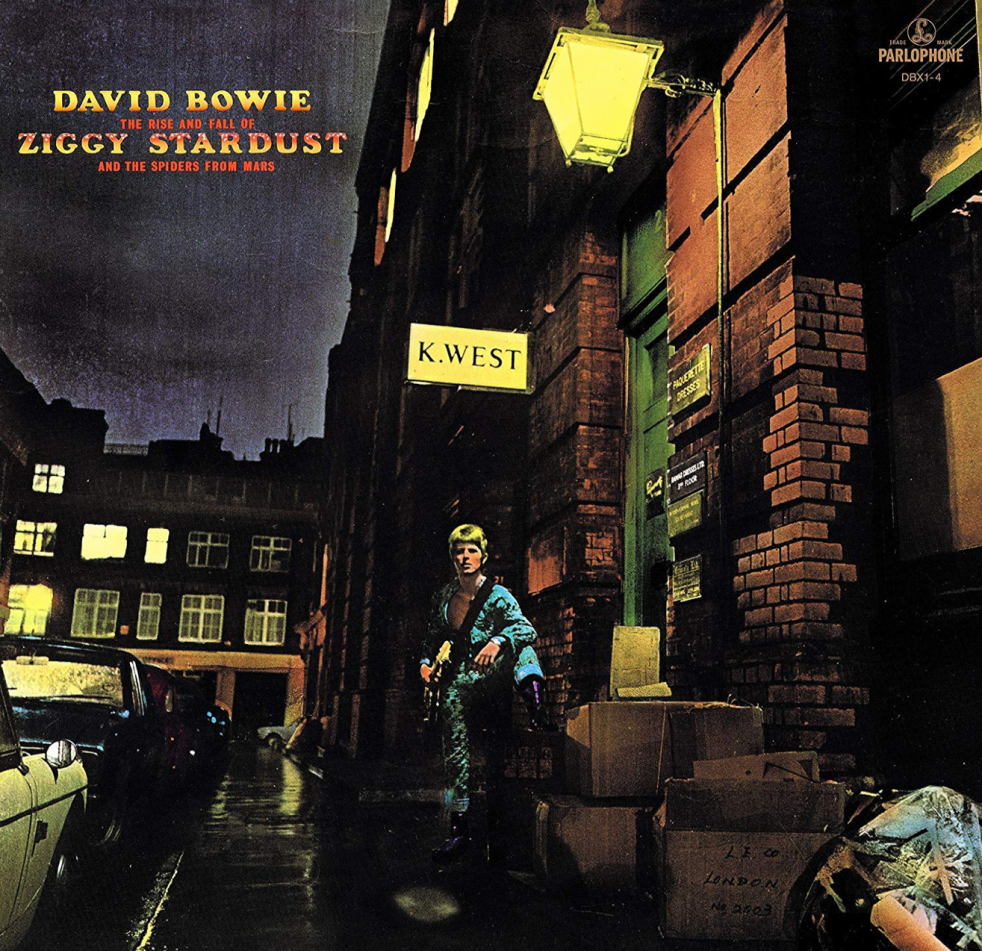With a new global threat emerging seemingly every month, the average Tech student questions the future of Earth.
Each new virus, war or climate emergency brings the planet closer to doom.
This, however, is not a new problem. 50 years ago, while no one had yet heard of COVID-19 or President Vladimir Putin, English singer-songwriter David Robert Jones, better known as David Bowie, brought this issue to light with startling relevance.
Bowie’s fifth studio album, released in June of 1972, depicts a frightened Earth nearing apocalyptic disaster.
Enter “The Rise and Fall of Ziggy Stardust and the Spiders from Mars.”
Ziggy Stardust, in all of their bisexual and androgynous glory, is the fictional savior sent to save the planet from impending catastrophe.
The record was neither intended nor conceived to be a concept album, a collection of individual tracks tied together to tell a larger story, but the tale of Ziggy Stardust developed following the recording process.
The album could also be described as a rock opera.
The haunting feeling of the opening track “Five Years” is amplified through a modern lens.
In the song, a news network releases the information that Earth’s inhabitants have only five years left before their planet is destroyed by an oncoming vague disaster. The numbing emotions described both musically and lyrically are familiar to younger generations who have grown up hearing the words “climate change” regularly.
Ziggy introduces themselves in “Moonage Daydream,” as a rock’n’rolling space invaders who spreads their spirit of optimism to Earth’s youth in “Starman.”
Throughout the album, Ziggy and their band, the Spiders From Mars, personify sex and rock music while defying the boundaries of binary gender.
Eventually, however, Ziggy’s flamboyant rock star potential gives way to narcissism.
Their fall is characterized by their ego dissociating them from their fans, their bandmates and even themselves.
In a vague death, Ziggy reaches out to the audience in “Rock ‘n’ Roll Suicide,” telling them that they are “not alone.”
The exact plotlines of the album are vague. Bowie does not give audiences a definite answer as to whether or not the planet is saved.
The undetermined fate may ring familiar to modern audiences.
But this is not the only aspect of the album with which Tech students can identify.
Despite their extraterrestrial origins, Ziggy’s chronology is given a humanistic approach.
Behind the glitter and sequins of their glam rock persona, Ziggy Stardust is deeply relatable.
While they reached an untimely demise, the lessons they pass along in the album can save the next generation of youths.
